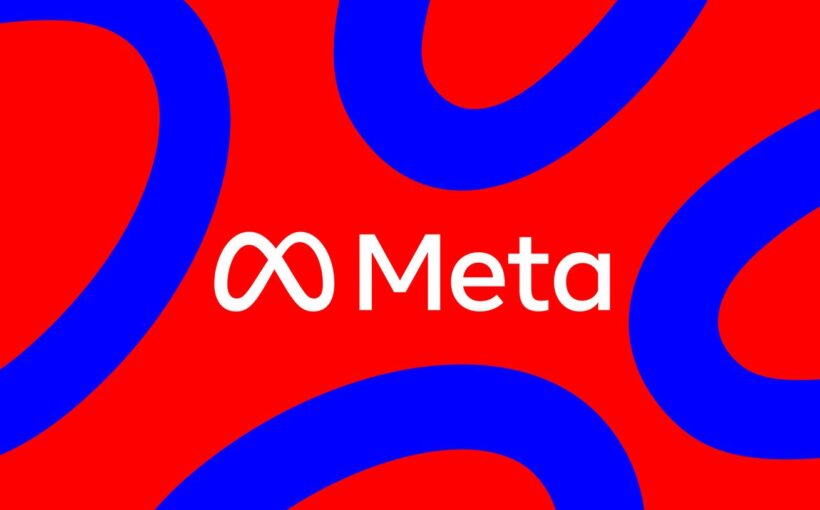
Short-form video creators on Instagram and Facebook will soon lose one way of making money on the platforms.
Meta is ending its Reels Play bonus program, which rewards content creators when they hit certain goals for views on their videos. The change, first reported by Business Insider, will affect creators on Facebook and US creators on Instagram. The company won’t offer any new or renewed Reels Play bonus deals, but will honor existing commitments over the next 30 days, according to Business Insider.
“We are evolving the test of our Reels Play bonus on Instagram and Facebook as we focus on investing in a suite of monetization solutions to help creators earn steady streams of income,” Paige Cohen, a Meta spokesperson, told The Verge in an email. “We will look into ways to run the program in a more targeted form, for example in potential new markets.”
The Reels bonus program has had its ups and downs since Meta launched it in 2021 to try to compete with TikTok. Initially, creators saw huge payouts — sometimes tens of thousands of dollars. But over the course of 2022, some creators reported that payments had been shrinking and that it was becoming harder to make the same amount in bonuses.
Cohen noted that creators can still earn money through things like subscriptions and brand partnerships. The Reels bonuses were part of Meta’s two-year, $1 billion pool of money that the company promised would go to creators through 2022.
Similar incentives at other companies have also slowly been shrinking. There was something of a gold rush on Snapchat in 2020 when the company announced it would pay $1 million a day for hit content on its TikTok-esque feature, Spotlight. That amount was gradually cut over the course of 2022, and other monetization methods like ad revenue sharing were introduced. YouTube initially offered cash payouts to get creators to make content for its TikTok clone, Shorts, but announced it was moving to a revenue sharing model last fall.
Other companies like TikTok are retooling creator funds and incentivizing new types of content. The short-form video app recently announced an updated fund that only rewards creators who make videos longer than one minute. Monetization directly from platforms has been an issue: under the original TikTok fund, some creators reported low earnings even for viral videos.



